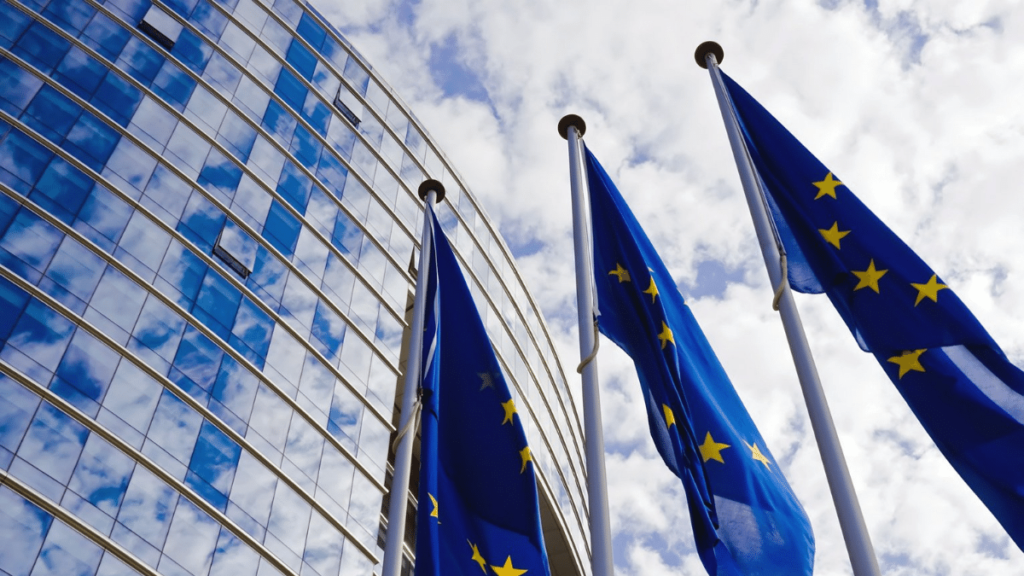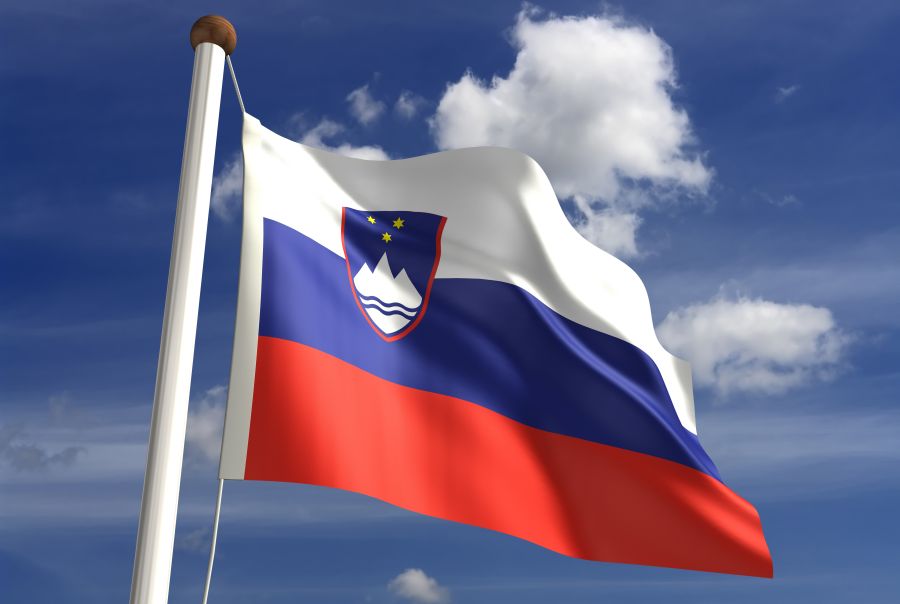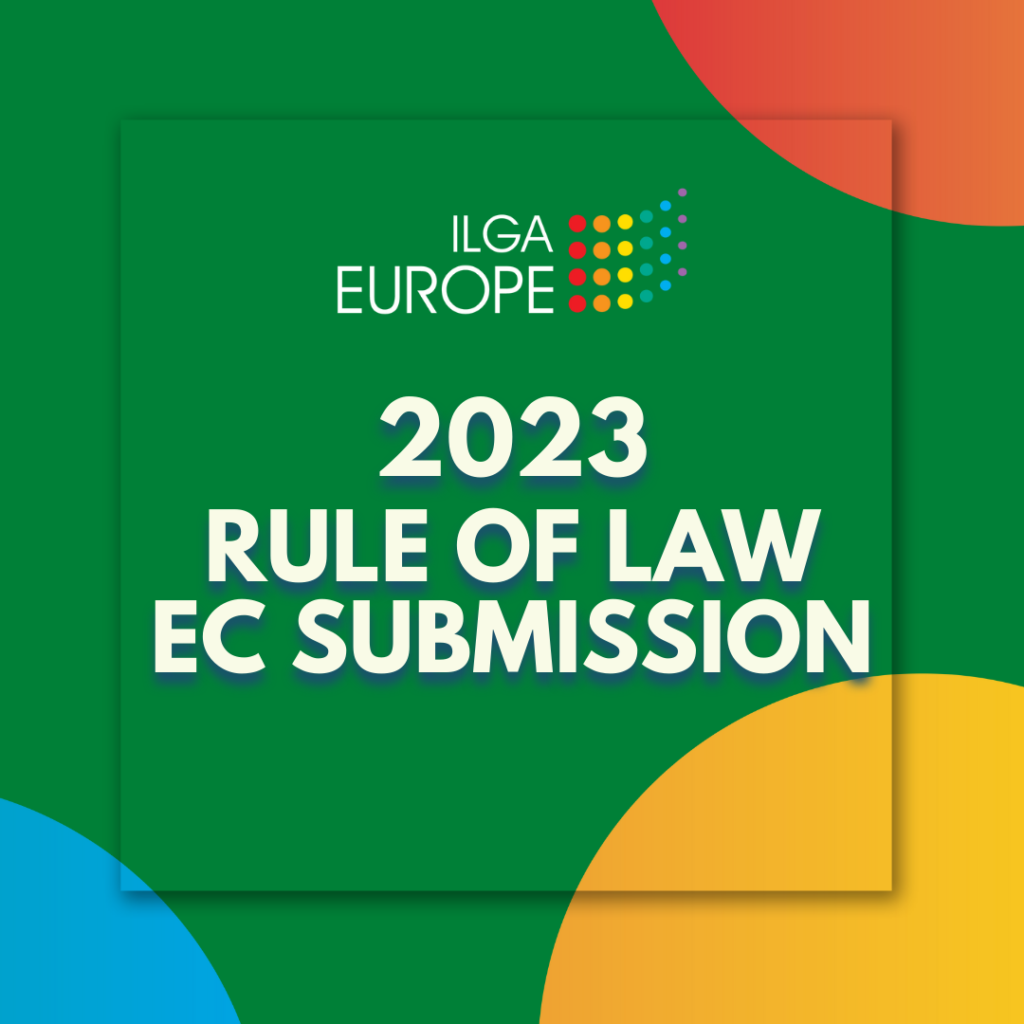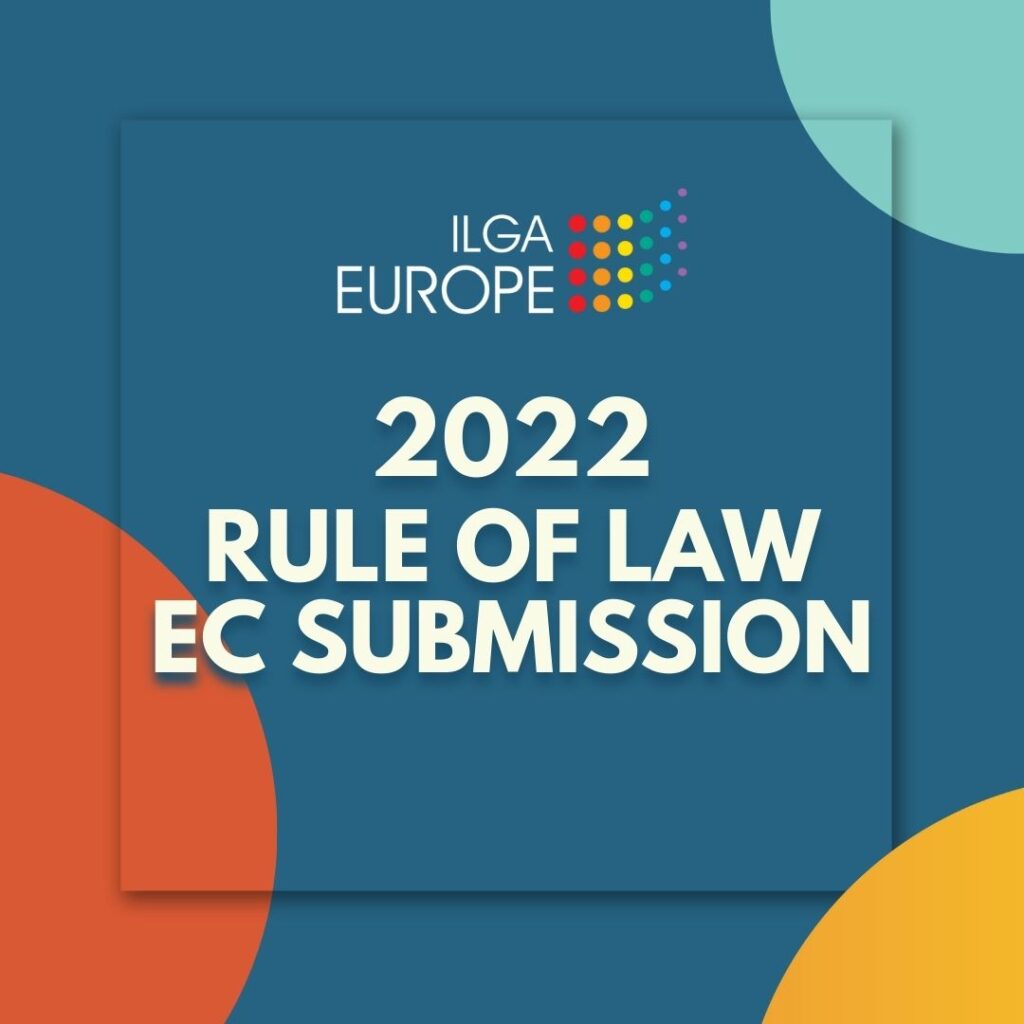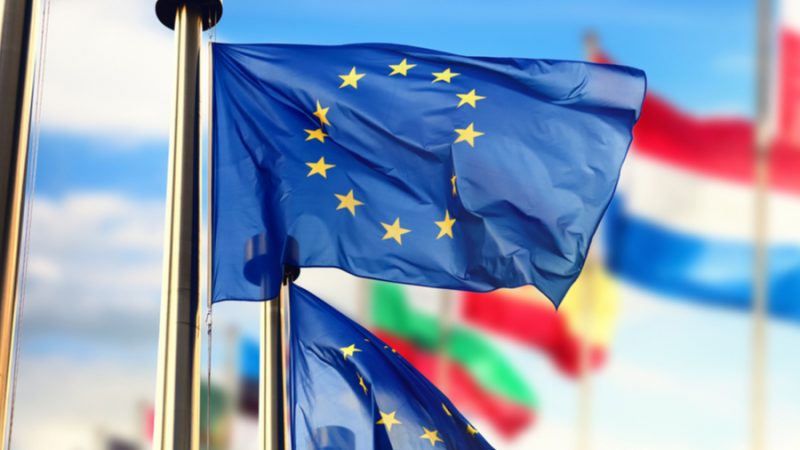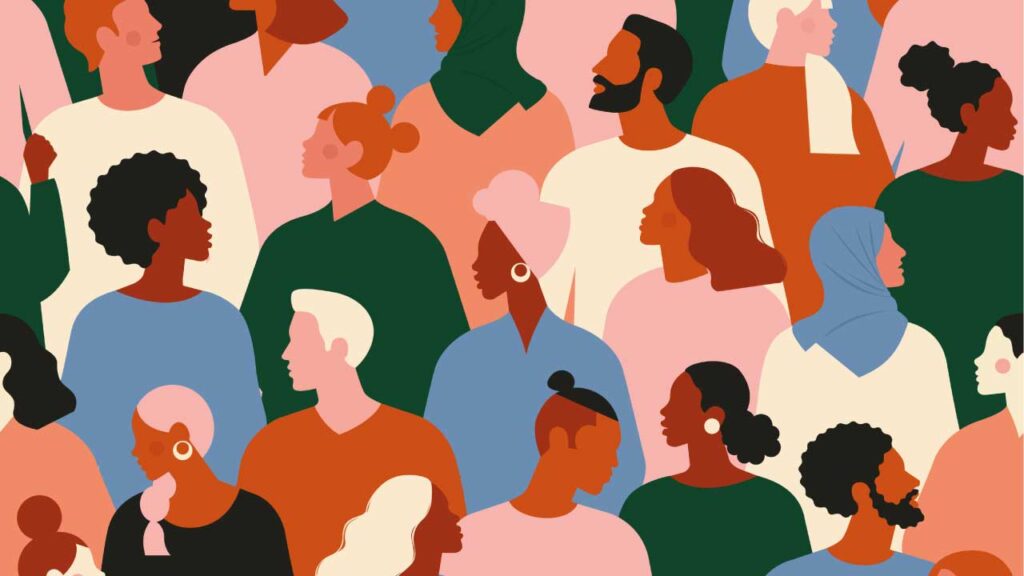Slovenia
Categories Score
The full bar chart stands for 100%, and is filled by the country category score. The colour display uses the traffic light palette, with Green representing a score closer to 100% and Red a score closer to 0%.
ASYLUM
This category looks into laws that expressly include SOGISC as a qualification criteria for seeking asylum. We also take into account other legislation, policies, instruction or positive measures by state actors that are related to asylum addressing the needs and rights of LGBTI asylum seekers and refugees.
Criteria Compliance Ratio
Each pie charts stands for a category and is divided in slices by criteria. When a country complies with a criteria – fully or in some regions – the slice is coloured.
Keep in mind the criteria have different weighting factor within a category; for example, the criteria Prohibition of medical intervention without informed consent (intersex) stands for half (2.5%) of the INTERSEX BODILY INTEGRITY category weighting factor (5%). Meaning that even if a country can only comply with this specific criteria within the category (1/4 total criteria) the category scores 50%.
More information on the categories and criteria weighting factors here.
Category & Criteria Table
The table lists detailed information and insights on legislation supporting each criterion status. Please use the filters for in-depth analysis.
n/a = not applicable, meaning the criteria didn’t exist in the previous Rainbow Map edition (PROGRESSION column)
- Complies
- Applicable in some regions only
- Does not Comply
RECOMMENDATIONS
In order to improve the legal and policy situation of LGBTI people in Slovenia, ILGA-Europe recommend:
- Reforming the legal framework for legal gender recognition to be fair, transparent, based on a process of self-determination and free from abusive requirements (such as GID/medical diagnosis or medical intervention) and depathologisation of trans identities.
- Adopting legislation to allow all individuals to have access to medically assisted insemination.
- Adopting the National LGBTI Strategy 2025-2030 and Action Plan explicitly inclusive of SOGIESC (sexual orientation, gender identity, gender expression, sex characteristics).
Annual Review of Slovenia
In our Annual Review of the Human Rights Situation of LGBTI People in Europe and Central Asia, we examine the advances made and provide concrete examples of on-the-ground situations at national level country-by-country in the 12 months from January to December 2024.
Read our Annual Review of Slovenia below for more details and stories behind the Rainbow Map. You can also download the Annual Review chapter (.pdf) covering Slovenia.
-
Slovenian courts have made notable progress in recognising the vulnerabilities of LGBTI asylum seekers, granting refugee status to individuals persecuted for their sexual orientation or gender identity, according to a report by Ljubljana Pride Association.
However, challenges persist, such as inadequate data collection, late disclosure, and the lack of tailored support. Many LGBTI refugees continue to face inadequate healthcare, unsafe housing, and discriminatory practices in Slovenia.
-
In April, the Ethics Commission of Journalists ruled that journalist Rok Blažič violated the Code of Journalists of Slovenia in a series of articles published in 2023. According to the Ethics Commission, Blažič misleadingly portrayed gender reassignment as a commercialised and harmful practice.
In April, the two largest opposition parties in Slovenia, SDS and NSi, recently submitted a proposal to amend the Criminal Act to criminalise the promotion of homosexuality and trans identities, with penalties of up to three years in prison. The proposal mirrored similar laws seen in Hungary, Bulgaria, Georgia, Belarus, and Russia. However, the current government swiftly rejected the initiative, citing its incompatibility with human rights and democratic principles.
In June, a special edition of the magazine ‘Demokracija’ was published under the provocative title ‘LGBT+ Ideology: Genocide of Childhood’, featuring 76 pages primarily focused on anti-trans narratives.
In September, the second-largest opposition party, NSi, submitted a proposal to the Ministry of Health to remove gender- affirming surgery costs from coverage under compulsory health insurance. As of now, the government has not yet responded to the proposal.
-
In 2023, the Legebitra Society received 26 reports through its website Niprav.si, which serves as a platform for reporting hate crimes and hate speech. These reports were submitted both anonymously and with contact information, with some individuals also requesting further assistance from the Society’s legal team.
During the Pride celebrations in Maribor, the employees of a bookstore, were subjected to various instances of verbal and physical abuse after hanging a LGBTI flag over the entrance. The director of the bookstore reported strangers spitting on the flag, attempting to forcibly remove it, performing Nazi salutes, and even going as far as threatening the staff with scissors and physical force. The bookstore’s director accused the police of inadequate action and reported that a police patrol blamed the employees for the abuse they endured and suggested the bookstore should remove the flag to avoid further incidents.
In June, Ljubljana Pride Festival 2024, marked the 40th anniversary of the LGBTI movement in Slovenia, ending with the Pride March. It was marked by several hate-motivated incidents, The attacks included theft and desecration of rainbow flags, harassment, and physical assaults. Notably, eggs were thrown at participants, and perpetrators uploaded footage online with threatening commentary. Despite the establishment of two on-site points for reporting incidents or attacks, marking more effective collaboration with the police compared to the 2023 march, the police were criticised for their inaction and reluctance to register complaints or take adequate protective measures.
In Koper, a trans woman and her mother were subjected to a violent attack, with the assailant chasing them until they were able to find refuge in a nearby bar. They remained there until the police arrived to ensure their safety.
In October and November, the Mariborka bookstore in Maribor was targeted in two LGBTI-phobic attacks. Graffiti and hateful messages were sprayed on the bookstore’s door, drainpipe, and other areas, including the phrase “SMRT PEDROM” (Death to Fags), and stickers with slogans promoting intolerance.
-
In June, Deputy Mayor Dejan Crnek and Minister of Labor Luka Mesec joined 5,000 participants for the yearly Pride march in Ljubljana.
In July, the Ljubljana City Council approved a proposal to name a new park after Ada Škerl and Sonja Plaskan, making it the first park in Slovenia dedicated to a same-sex couple.
-
The Ministry of Health officially confirmed its agreement with the Interdisciplinary Council for Gender Recognition, stating that medical treatment is not required for legal gender recognition. As a result, the Ministry has formally requested the Ministry of Internal Affairs to amend the relevant sub-article of the Civil Registry Act.
-
Two initiatives were submitted to the Constitutional Court’s constitutional review concerning sexual and reproductive rights. The first concerned equal access to assisted reproductive procedures for lesbian couples, while the second concerned the access for single women to the same services.
In November, the Constitutional Court of Slovenia ruled that certain provisions of the Act on Infertility Treatment and Biomedically Assisted Fertilisation (OBMP) are unconstitutional. Specifically, the court found that limiting access to OBMP procedures to single women and women in same-sex relationships violated the constitution. The court has given the country one year to address the non-compliance and amend the law accordingly.
-
At the Museum of contemporary history and in the Museum of the city of Ljubljana, two exhibitions were set up in honour of the 40th anniversary of the creation of the LGBTI movement in Slovenia.
The full Annual Review for 2025 is available here.



